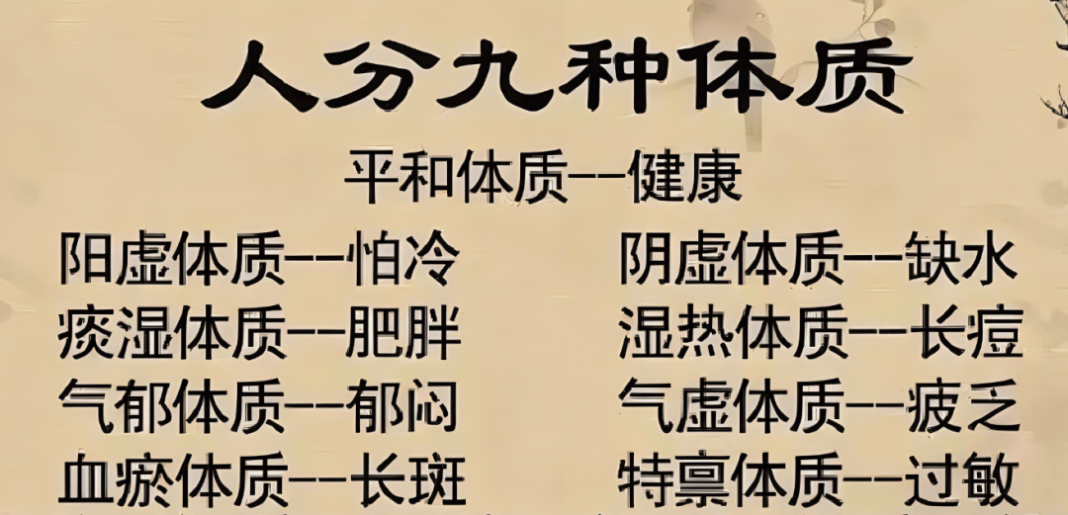Chinese medicine believes that the appearance of nodules is related to the patient’s personal constitution.
In general, patients with blood stasis constitution, qi stagnation constitution, and phlegm-damp constitution are most prone to developing nodules, and nodules often occur singly or in multiples:
That is to say, some people may only have lung nodules, but some patients who develop lung nodules may also be prone to developing thyroid nodules or breast nodules.
Furthermore, it should be noted that constitution does not appear alone, patients with blood stasis constitution may also have qi stagnation or phlegm-damp conditions, patients with phlegm-damp constitution may also lead to qi stagnation or blood stasis.
This is why Chinese medicine emphasizes the importance of syndrome differentiation in treatment, because each patient’s situation is unique, and individualized treatment is essential.
Why do many patients report that Chinese medicine is ineffective? Some Chinese medicine practitioners neglect constitution differentiation to save effort and directly prescribe medication based on standard prescriptions, which is a typical irresponsible practice. While some patients may improve after treatment, it is largely due to luck.
Three Taboos for Different Constitutions
Without further ado, we will mainly discuss the dietary taboos for patients with a tendency to develop nodules. These three types of foods should be consumed sparingly, as indulging in them may lead to an increase in the number and size of nodules.
For Blood Stasis Constitution, Avoid Rich Nourishing Foods
Individuals with blood stasis constitution should consume foods that promote blood circulation, resolve stasis, and regulate qi, such as glutinous rice, hawthorn, oranges, onions, seaweed, and avoid overly nourishing foods high in fat or cholesterol.
Excessive consumption of these items may accumulate in the body, further disrupting metabolism, hindering hormone secretion, and worsening blood stasis.
For Qi Stagnation Constitution, Avoid Spicy Foods
Individuals with qi stagnation constitution are prone to internal heat, hence they should avoid consuming spicy foods like chili, ginger, and pepper, which can irritate the gastrointestinal tract, disrupt qi and blood circulation, and exacerbate qi stagnation.
Radishes, citrus fruits, lotus roots, which aid in promoting qi circulation, can be consumed in moderation by individuals with qi stagnation constitution, but excessive intake should be avoided to prevent adverse effects.
For Phlegm-Damp Constitution, Avoid Cold and Cooling Foods
Cold beverages or foods with cooling properties that are chilled in nature may exacerbate the accumulation of dampness in the body, leading to the buildup of phlegm-dampness. It is not advisable to consume these foods excessively. Many young patients nowadays suffer from stomach and spleen diseases due to excessive consumption of cold beverages being the main cause.
Individuals with phlegm-damp constitution are advised to consume more foods that benefit the lungs, resolve phlegm, invigorate the spleen, promote diuresis, and dispel dampness, such as Chinese yam, broad beans, red dates, winter melon, etc.
It is essential to pay attention to one’s own constitution and dietary habits. Traditional Chinese medicine emphasizes that diseases enter through the mouth. Prevention is better than cure, as prevention plays a crucial role in maintaining good health. If one is unaware of their own constitution and the condition has already worsened, seeking medical help promptly is recommended, especially for respiratory system diseases like chronic obstructive pulmonary disease, bronchiectasis, lung nodules, etc. Once these conditions flare up, relying solely on the body’s self-regulation is insufficient to control the progression of the disease.


